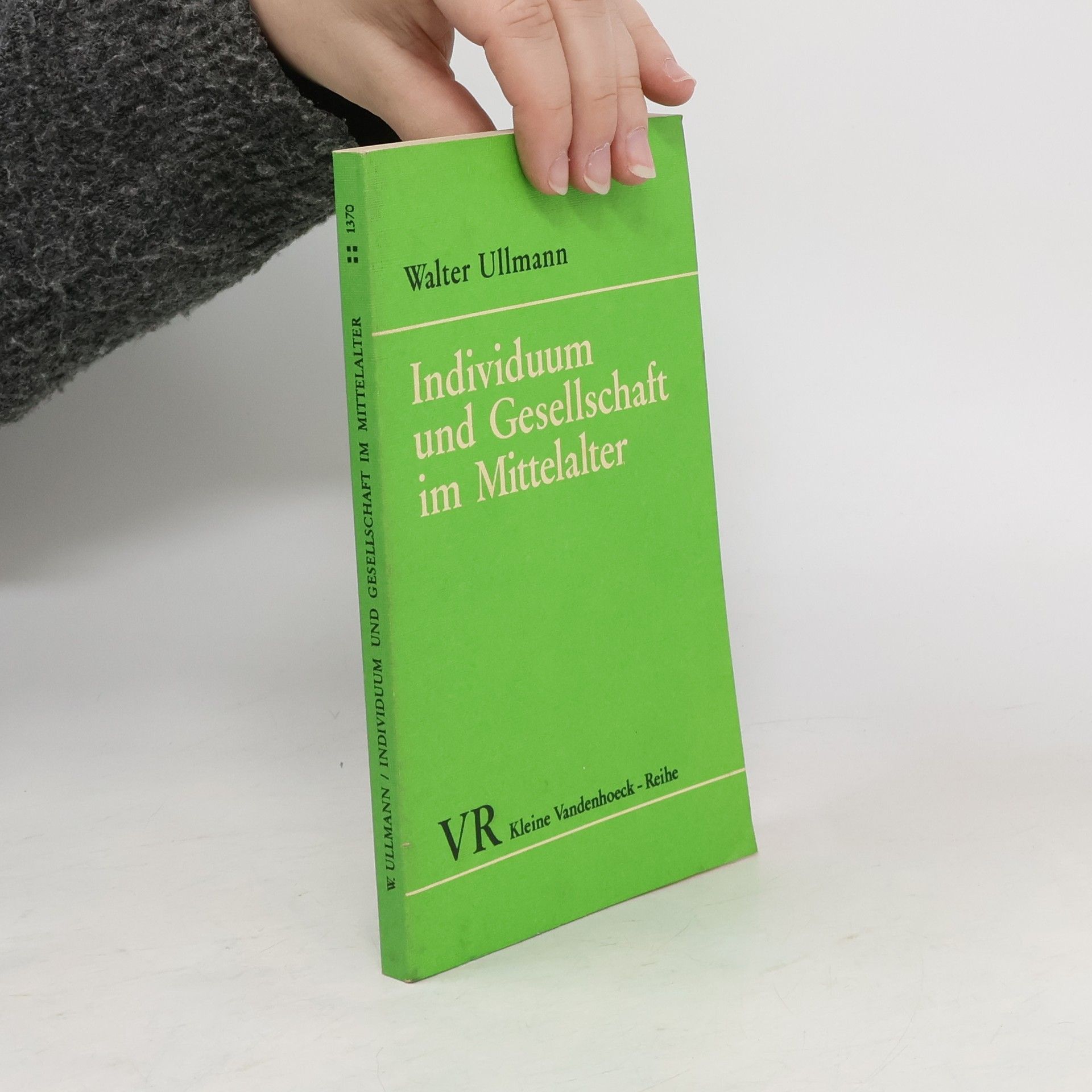Law and Politics in Middle Ages
- 324pages
- 12 heures de lecture
Focusing on the origins of political ideas, this book offers a comprehensive overview of various sources that have shaped political thought throughout history. It explores the foundational concepts and influences that have contributed to the development of political theories, providing readers with a deeper understanding of how these ideas have evolved over time.

